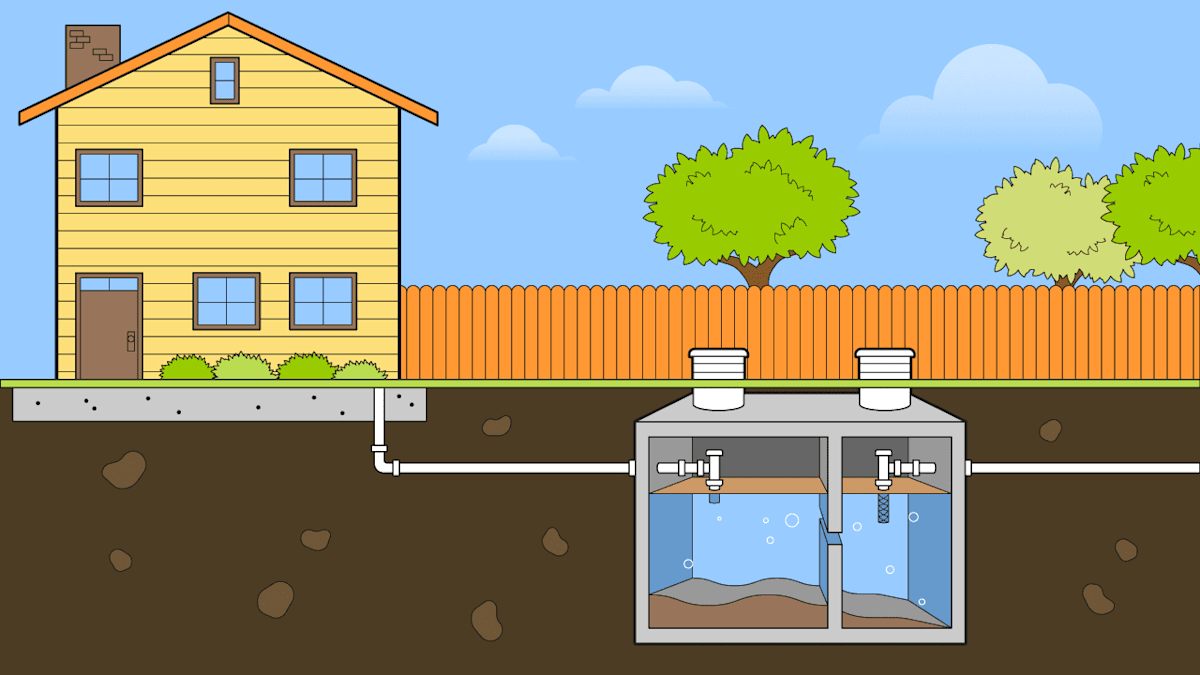
The No-Stress Guide to Septic Systems
- 24.03.2025 10:09
- consumerreports.org
- Keywords: E. coli, Nitrogen, Phosphorus, Septic system failure, Groundwater contamination
Septic systems process household wastewater through tanks and drainfields, using bacteria to break down waste. Regular maintenance, like pumping and inspections, is essential for preventing costly issues and ensuring proper functioning.